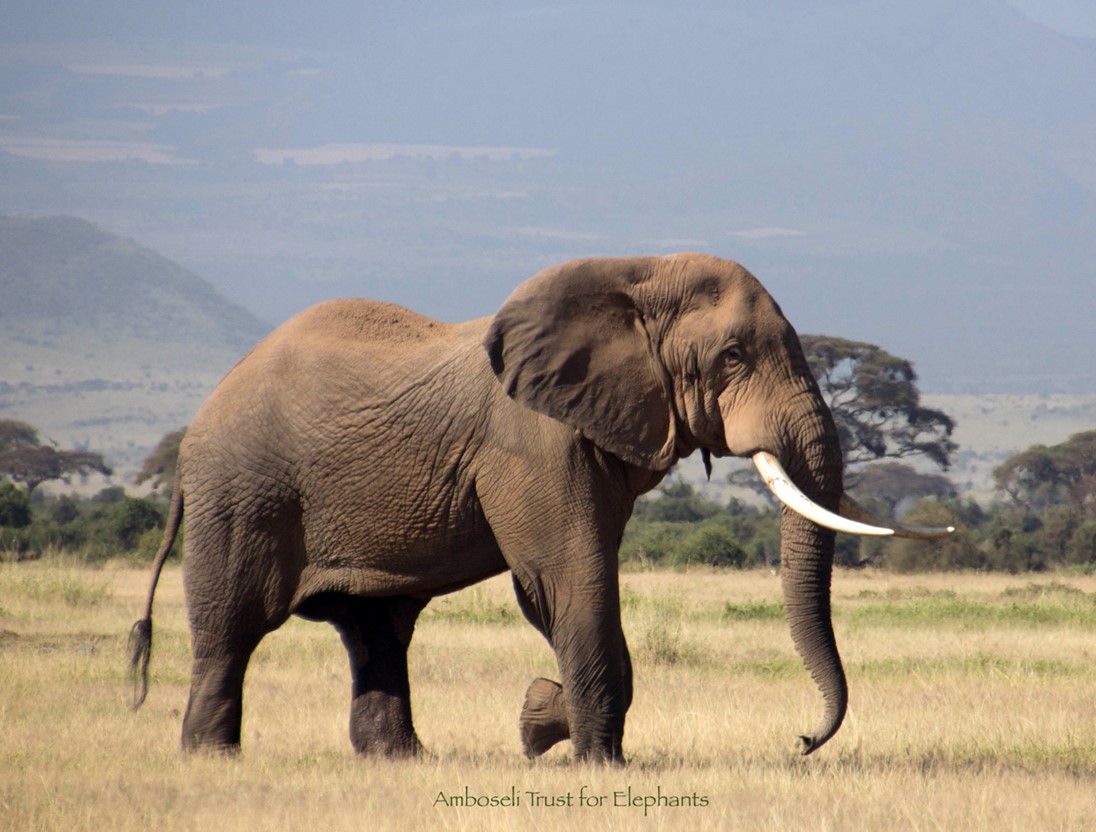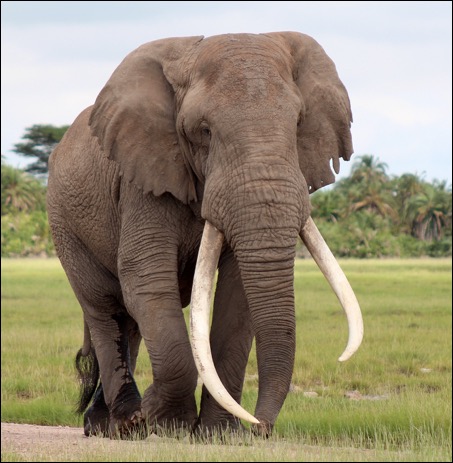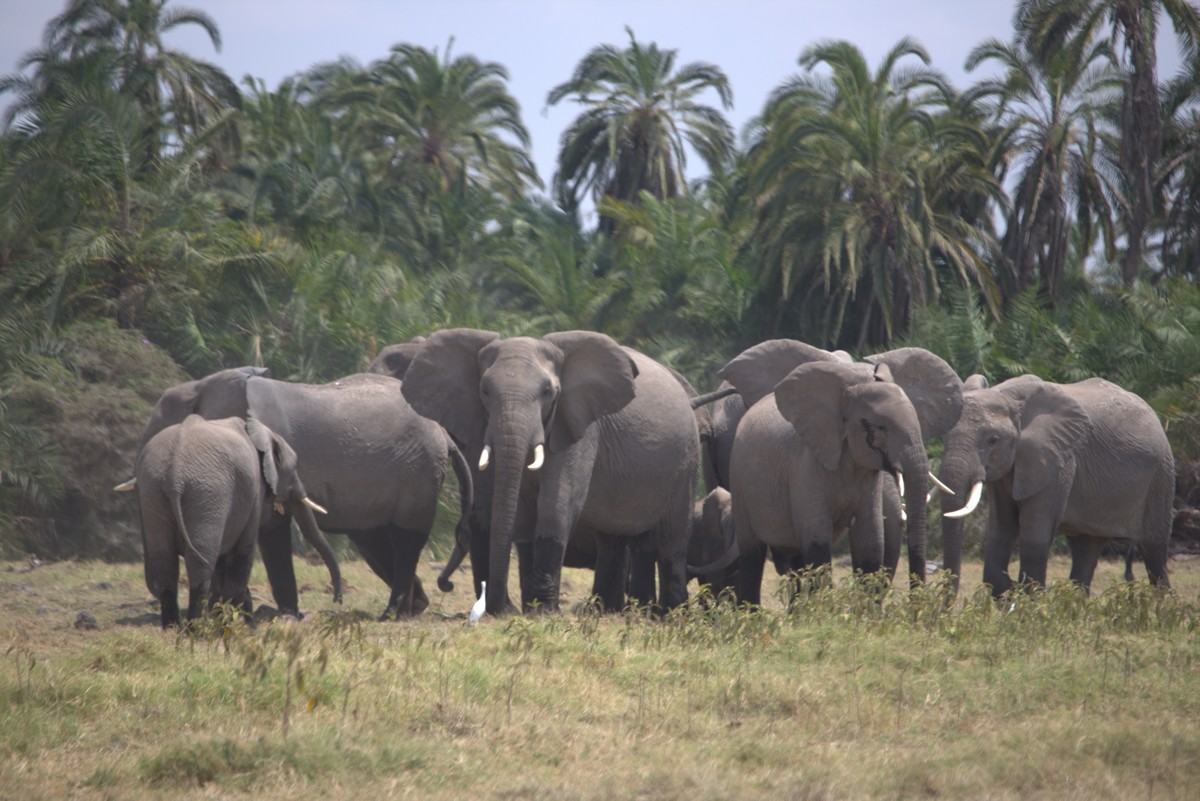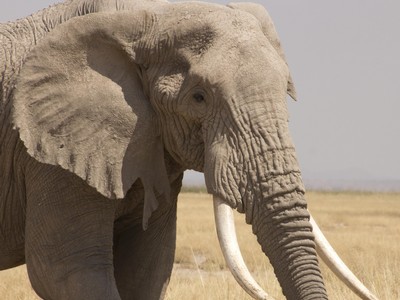ATE Statement on Circus Elephants
March 2008
To whom it may concern
We, the undersigned, comprise a group of elephant researchers working together to study elephants and promote their conservation and welfare. Our combined experience represents almost 300 person-years of work with free-ranging, wild African elephants. We are the acknowledged leading experts in the field.
It is our considered opinion that elephants should not be used in circuses. Elephants in the wild roam over large areas and move considerable distances each day. They are intelligent, highly social animals with a complex system of communication. An elephant family is led by the oldest female – the matriarch – and is bonded by kinship, affiliation, experience, great loyalty and affection. No captive situation can provide elephants with the space they need for movement or with the kind of social stimulation and complexity that they would experience in the wild.
Elephants in circuses are bought and sold, separated from companions, confined, chained and forced to stand for hours and frequently moved about in small compartments on trains or trucks. They are required to perform behaviors never seen in nature. In short they are treated as commodities, as objects to provide entertainment for humans. The circus experience has nothing to do with the reality of elephant life and behaviour.
In order to keep elephant behavior under tight control in the close proximity, “hands-on” conditions of circuses, it is necessary for a handler to establish and maintain supremacy. Domination of such a large animal must unavoidably involve an element of cruelty, often including the liberal use of an ankus – a bull-hook euphemistically termed “guide” by those in the business, a whip or an electric prod. Elephants have extraordinary memories and it has been demonstrated that they never forget rough treatment by human handlers.
Consequently, they can pose an unpredictable and abiding danger to the public, to their handlers, and thus to themselves.
We believe that such intelligent, socially complex and long-lived animals should be treated with respect and empathy. An elephant’s place is in the wild with its relatives and companions. The totally unnatural existence of captive elephants in a circus, which includes significant physical and emotional suffering, is a travesty. To allow this practice to continue is unjustified and unethical.
The Amboseli Elephant Research Project Elephant Experience
Dr. Cynthia Moss, Director 41 years
Dr. Joyce Poole, Research Director 33 years
Dr. Harvey Croze, Senior Consultant 41 years
Prof. Phyllis C. Lee 26 years
Dr. W. Keith Lindsay 32 years
Soila Sayialel, Project Manager 22 years
Norah Njiraini 23 years
KatitoSayialel 16 years
Winnie Kiiru 16 years
PetterGranli 8 years
Dr. Karen McComb 15 years
Dr. Sandy Andelman 6 years
Dr. Elizabeth Archie 10 years
Dr. Lucy Bates 3 years
Total 292 years











